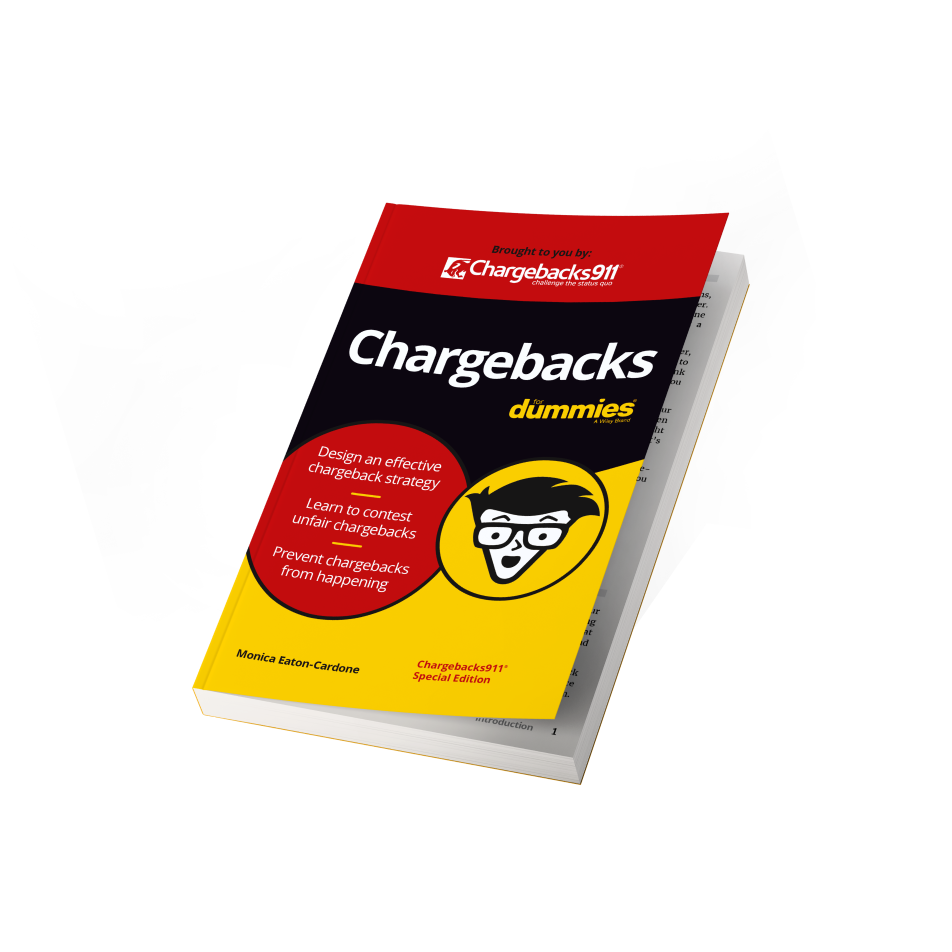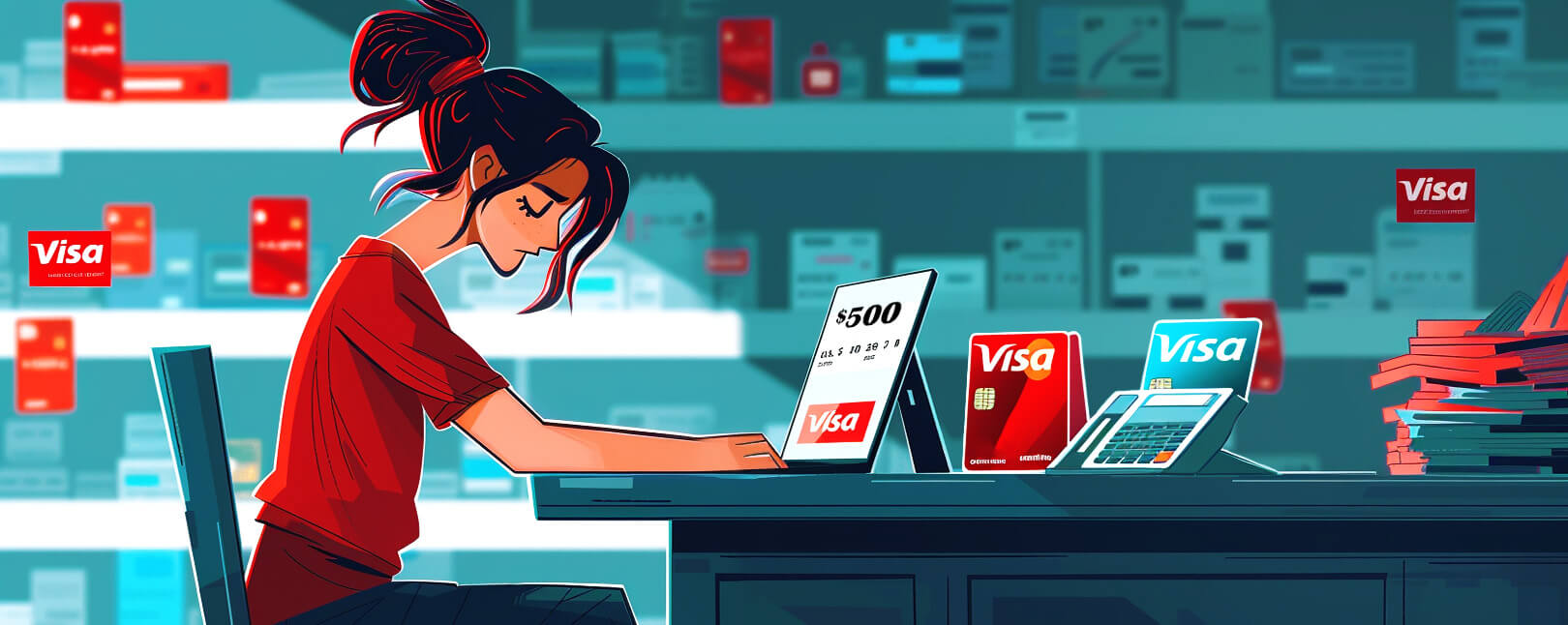Here’s What You Should Know About Visa Chargeback Arbitration & Pre-Arbs
Submitting representment cases in response to chargeback abuse is an important business practice. It may be just the beginning of your ordeal, though.
What do you do when your case gets escalated to pre-arbitration? In whose favor are the odds stacked when Visa has to get involved in a dispute?
This article will explain the Visa chargeback arbitration process. We’ll dive into complex arbitration terminology, how chargeback arbitration works, and what merchants can do to prevent these disputes altogether.
You can also continue below if you’d like to see more information about the chargeback arbitration process in general:
Learn more about chargeback arbitrationRecommended reading
- Visa Debit Chargebacks: Here’s Everything You Need to Know
- Visa Acquirer Monitoring Program: Major Updates to VAMP
- Visa Chargeback Time Limits: The 2024 Guide
- Visa Authorization Rules: Changes to Time Frames & Options
- Visa Chargeback Fees: 8 Tips to Help You Cut Dispute Costs
- Visa Resolve Online: The Guide to Manage Disputes With VROL
What is Visa Chargeback Arbitration?
First off, Visa no longer uses the term "chargeback" in an official capacity. Instead, they call customer cases "disputes." We want to clarify that up front.
Visa dispute arbitration is the last stage of the dispute process. It means the parties involved—the banks, cardholder, and the merchant—cannot resolve a dispute. So, a representative of the card network is asked to intervene. A Visa representative will examine the evidence and make an impartial judgment, marking the end of the dispute process.
In Visa’s case, the step before this is often called a pre-arbitration, or pre-arb. If the issuer submits a pre-arb, then the merchant and their bank have only two options: either accept the chargeback, or enter arbitration.
Visa does not approve pre-arbitration cases unless the cardholder can provide further evidence to prove their claim. Once the new evidence is received and reviewed, the reason code may reflect information that the merchant left out or falsified. Whatever the case, the merchant may have made a mistake or forgotten to include crucial evidence which the cardholder could provide.
We get that this topic is a bit complex and confusing. To understand this better, let’s make sure everyone is on the same page about Visa’s arbitration system.
How Does a Visa Pre-Arbitration Work?
Like we mentioned above, a Visa pre-arbitration precedes the arbitration process. But because different workflows resolve different types of Visa disputes, the phrase is used in two different ways.
Since implementing Visa Claim Resolution rules, all Visa disputes are divided into one of two workflows. There’s an “Allocation” track for fraud and authorization issues, and a “Collaboration” track for consumer and processing errors. We'll look at the two individually.
Pre-arbitration in the Allocation Workflow
In cases that involve either fraud or authorization issues, responsibility is assigned automatically, based on established rules. Visa assesses the complaint data, decides whether it constitutes a valid dispute, and makes a decision.
If Visa rules in favor of the cardholder, acquirers and merchants have a limited ability to challenge. Certain conditions apply, and Visa only allows a 30-day timeframe (individual acquirers typically set even tighter deadlines).
Visa calls this the pre-arbitration phase, but it consists of what would traditionally be considered representment and (if they rejected the representment ruling) the pre-arbitration response. Broken down, it would look something like this:
Pre-Arbitration Chargebacks in the Collaboration Workflow
Visa chargebacks that stem from either consumer complaints or processing errors are resolved through the Collaboration track. Here, the process is more similar to that used by Mastercard:
As the name implies, Visa’s Collaboration workflow is designed to encourage all the involved parties to work together to resolve the claim without Visa's direct involvement.
Can Merchants Win a Visa Chargeback Arbitration Case?
Winning a dispute is never guaranteed. Confusion, mistakes, and missed deadlines are all endemic problems. Plus, even if the merchant did everything required to the best of their ability, they still rarely win disputes that escalate to Visa arbitration.
Card networks usually default to the most expedient solution. And, in the interest of protecting consumers, they might err on the side of cardholders.
Another reason that an issuer may file a Visa pre-arbitration case is because merchants usually have no further evidence. The merchant probably used everything they had to overturn the original chargeback.
Ultimately, it’s not financially advantageous to take disputes through arbitration in most cases. Additional Visa dispute arbitration fees apply. And, they can be pretty steep.
Visa charges a $500 filing fee for any cases ruled in favor of the cardholder. Visa can also set a $250 penalty if it finds a merchant violated any of Visa's Merchant Agreement rules. This is in addition to any chargeback fees already assessed.
Let’s face it: unless the transaction amount is very high, it’s probably not worth it for a merchant to let a dispute progress to arbitration. Instead, their best bet against losing a case in the Visa chargeback arbitration process is to prevent it whenever possible.
Preventing Visa Chargeback Arbitration
The representment process is expensive and time-consuming from start to finish. Plus, the odds of winning a dispute arbitration case are slim. The goalposts are always shifting. From constantly evolving rules and regulations to alternating policies between card network and ever-changing terminology—fighting for yourself can be daunting, at best.
It is wise to avoid the arbitration process altogether. But, the best option for merchants is to set a strategic plan to prevent chargebacks in the first place.
In addition to helping win chargeback representments, Chargebacks911® has an experience-backed reputation for creating customized chargeback management solutions. We guide merchants through all phases of the chargeback process so they can focus on business growth and sustainability.
Want to learn more about ensuring ROI through representment? Have other questions about avoiding pre-arbitration chargebacks? Click below to speak with one of our chargeback experts.













